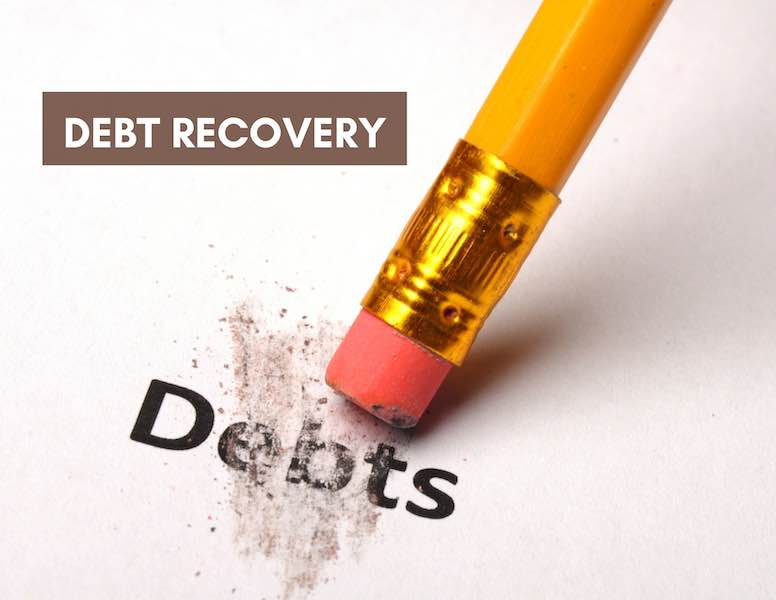5 Important Issues To Consider When Attempting to Recover a Debt
by Sean Tan Yang Wei ~ 3 October 2021
Be it a debt arising out of the non-payment for goods or services delivered, or on outstanding rentals or loans, the procedures for debt recovery in Malaysia are more or less similar. Typically, a creditor may file a claim against the debtor in the relevant court to secure a judgment or order. With a judgement in hand, the creditor may then enforce the same by employing suitable enforcement methods. (See also: https://www.thomasphilip.com.my/articles/debt-recovery-different-ways-to-achieve-payment-for-debts-due-owing/)
As straightforward as the process may appear, there are several important issues that a creditor must take into consideration before commencing a debt recovery action.
1. Is the Claim Barred by Limitation?
Yes, your claim can expire! The law has limited the time period for a creditor to take legal action against a debtor to within 6 years from the due date of payment, after which he would no longer be allowed to file any suit for its recovery. The rationale for having such a limitation period is to discourage creditors from sleeping on their actions and to have a definite end to litigation.
There are, however, exceptions to the limitation period under various circumstances. An example is where fraud is committed by the debtor, in which case the limitation period only begins to run when the fraud was discovered. The law also allows fresh accrual of actions when the debtor has expressly acknowledged the debts in writing or made a part payment to the outstanding sum.
2. Is the Necessary Evidence in Place?
The judge will always look for evidence to support your claim. As someone who is filing the suit, it is your responsibility to prove to the court that your claim is valid and adequately supported by evidence. When preparing your claim, always make sure that you gather all the documents and evidence to support your case.
Generally, the main documents required to prove a debtor’s liability would be the agreement/contract containing the terms and conditions between you and the debtor, security/guarantee provided by the debtor or a third party if any, invoices in relation to the debts, a current statement of account and any relevant correspondence between you and your debtor. Of course, the documents required would vary from case to case depending on the exact facts of each agreement/contract. If some of the material documents are not within your possession, you may also consider filing a discovery application in court for an order for production of the documents.
3. Who Are You Suing?
It is important to identify the correct debtors to avoid being struck out. While you may name/sue as many Defendants as you want, it is important that they have an actual interest in the subject matter of your case or that they bear some liability in the matter.
Furthermore, the methods for debt recovery may vary depending on who the defendants are. For instance, whether the debtor is an individual, partnership, or a company will determine the type of enforcement methods that a creditor may employ.
4. Are There Steps You Need to Take Before Commencing an Action?
Essentially, we know that a contracting party who does not make payment pursuant to the contract would have been in breach of contract. Before proceeding to legal action, it is imperative to assess the contract between the parties to see if there are any alternative dispute resolution clauses or other steps to be exhausted.
If you opt to terminate the contract, make sure you read all the relevant contract provisions concerning default or termination and follow the procedures set out correctly. The contract may stipulate requirements for a notice of default or termination which must be served in a particular way. In other cases, there may be a requirement to give the defaulting party an opportunity to remedy the breach. Some contracts may also stipulate the dispute resolution procedure which the parties must follow before or instead of commencing any court proceedings.
It is also important to ascertain if the debt has become due and payable. Some contracts may expressly state a fixed ending period while some require positive steps to be taken to bring about termination. In the latter case, make sure you take the necessary steps to effect the termination. The law would require an aggrieved party to have a “complete cause of action” before you commence a legal action i.e. all the material facts must have happened before you are entitled to sue.
5. Is the Claim Worth Pursuing?
Bear in mind that a lawsuit can be expensive, and may cost more time and energy than expected. Always consider the amount of debt owed to you and weigh it against the potential costs to recover the debt. In certain cases, such as where the prospect for recovery is extremely low, it may not be worth spending money to pursue the claim.
Don’t be afraid to speak to a lawyer if you are unsure of what you need to do. You will then be able to obtain proper advice on the strengths and weaknesses of your case based on the available evidence so that you can make the right decision for yourself or for your business.
The information provided above does not, and is not intended to, constitute legal advice. Instead, the above information is for general informational purposes only. You should seek legal advice or other professional advice in relation to any particular matters you or your organisation may have.

